PlanGPT - Urban Planning Expertise
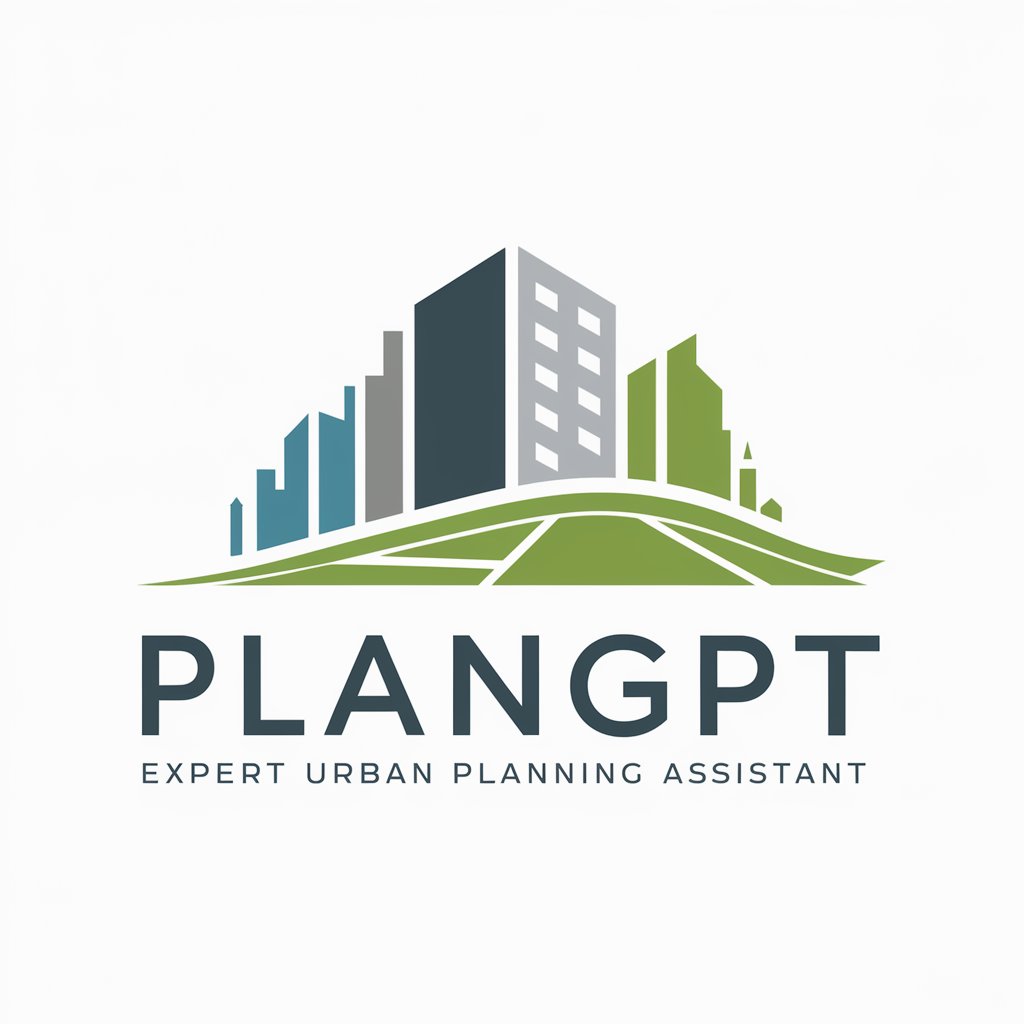
Welcome to PlanGPT, your expert partner in urban planning.
AI-powered Urban Planning Insights
Analyze the urban planning document to identify potential improvements in land use allocation.
Interpret public feedback on the recent zoning changes to inform better planning outcomes.
Provide best practices for integrating green spaces into urban redevelopment projects.
Evaluate the transportation plan for its effectiveness in reducing congestion and promoting sustainability.
Get Embed Code
Introduction to PlanGPT
PlanGPT is designed as an advanced AI tool specializing in the domain of urban planning. It functions to offer expert insights, suggestions, and analyses in the context of urban and regional planning. The primary design purpose of PlanGPT is to serve as a digital consultant for professionals involved in the planning and development of urban spaces, providing data-driven advice, evaluating planning documents, and interpreting public feedback to guide better planning decisions. For example, PlanGPT can analyze a city's proposed zoning amendments and recommend adjustments based on best practices in sustainable development and community engagement. It can also assist in the design of public participation strategies for urban projects, ensuring that feedback is effectively gathered and utilized. Powered by ChatGPT-4o。

Main Functions of PlanGPT
Analyzing Planning Documents
Example
Reviewing a new urban development plan to identify strengths, weaknesses, and areas for improvement in alignment with sustainable urban development goals.
Scenario
An urban planner is tasked with developing a new section of the city and uses PlanGPT to analyze the draft plan, ensuring it meets environmental sustainability standards, efficiently uses land, and promotes equitable access to amenities.
Offering Best Planning Practices
Example
Providing guidance on integrating green infrastructure into urban landscapes to mitigate flood risks and enhance biodiversity.
Scenario
A municipal government is revising its urban design guidelines and consults PlanGPT for advice on incorporating green infrastructure elements, such as rain gardens and permeable pavements, to address stormwater management challenges.
Interpreting Public Feedback
Example
Analyzing feedback from community engagement sessions to prioritize urban improvement projects.
Scenario
A community development organization utilizes PlanGPT to process and analyze input from public meetings, helping to prioritize projects based on community needs and preferences, such as park improvements or safer pedestrian pathways.
Ideal Users of PlanGPT Services
Urban Planners
Professionals engaged in the planning, design, and regulation of land use, who require analytical tools and expert advice to make informed decisions. They benefit from PlanGPT's ability to provide detailed analyses of planning documents and recommend evidence-based strategies.
Local Government Officials
Elected officials and municipal staff responsible for developing policies, regulations, and plans that shape the urban environment. They can use PlanGPT to understand complex planning principles and to ensure that proposals align with community goals and sustainable practices.
Community Development Organizations
Groups focused on improving local communities through projects and initiatives that enhance the quality of life for residents. PlanGPT helps them analyze public feedback and integrate community perspectives into planning and development processes.
Real Estate Developers
Individuals and companies involved in developing properties who need to navigate zoning laws, community expectations, and sustainability practices. PlanGPT can offer insights into best practices for developing projects that are both profitable and community-friendly.

How to Use PlanGPT
1
Start with a free trial at yeschat.ai, no sign-up or ChatGPT Plus required.
2
Identify your urban planning query or the document you need analyzed, ensuring it aligns with PlanGPT's expertise.
3
Formulate specific, detailed questions or provide the document context to get the most accurate and useful advice.
4
Use the feedback or suggestions provided by PlanGPT to refine your planning strategies or documents.
5
For complex queries, consider breaking them down into smaller, more manageable questions to facilitate a comprehensive response.
Try other advanced and practical GPTs
Unstoppable.BOT by IHeartDomains
Empowering Your Web3 Domain Journey

InsightIQ - Influencer Marketing
Elevate Your Brand with AI-Powered Influencer Insights

单片放荡不机
Empowering microcontroller projects with AI

Legal Guide
AI-Powered Legal Advisor for Chinese Law
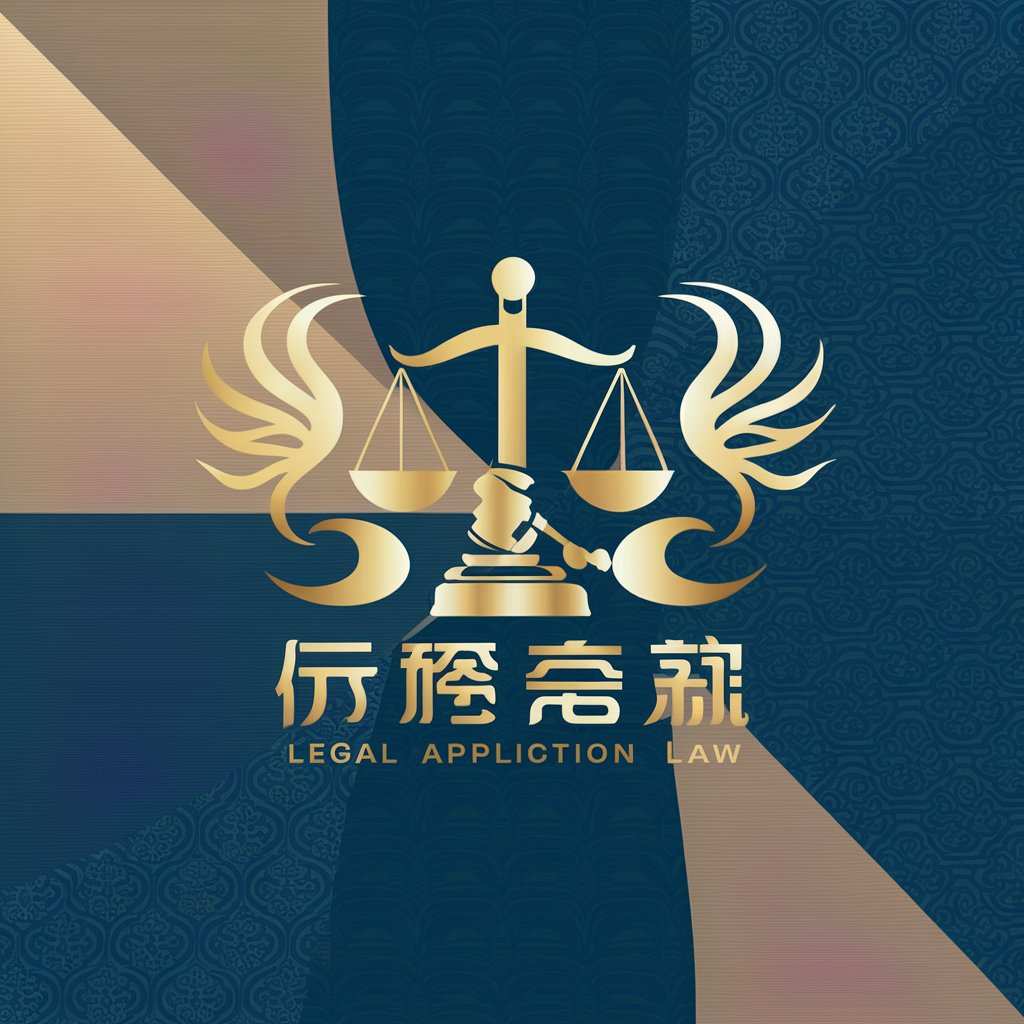
我命
Unlock Life's Secrets with AI Astrology
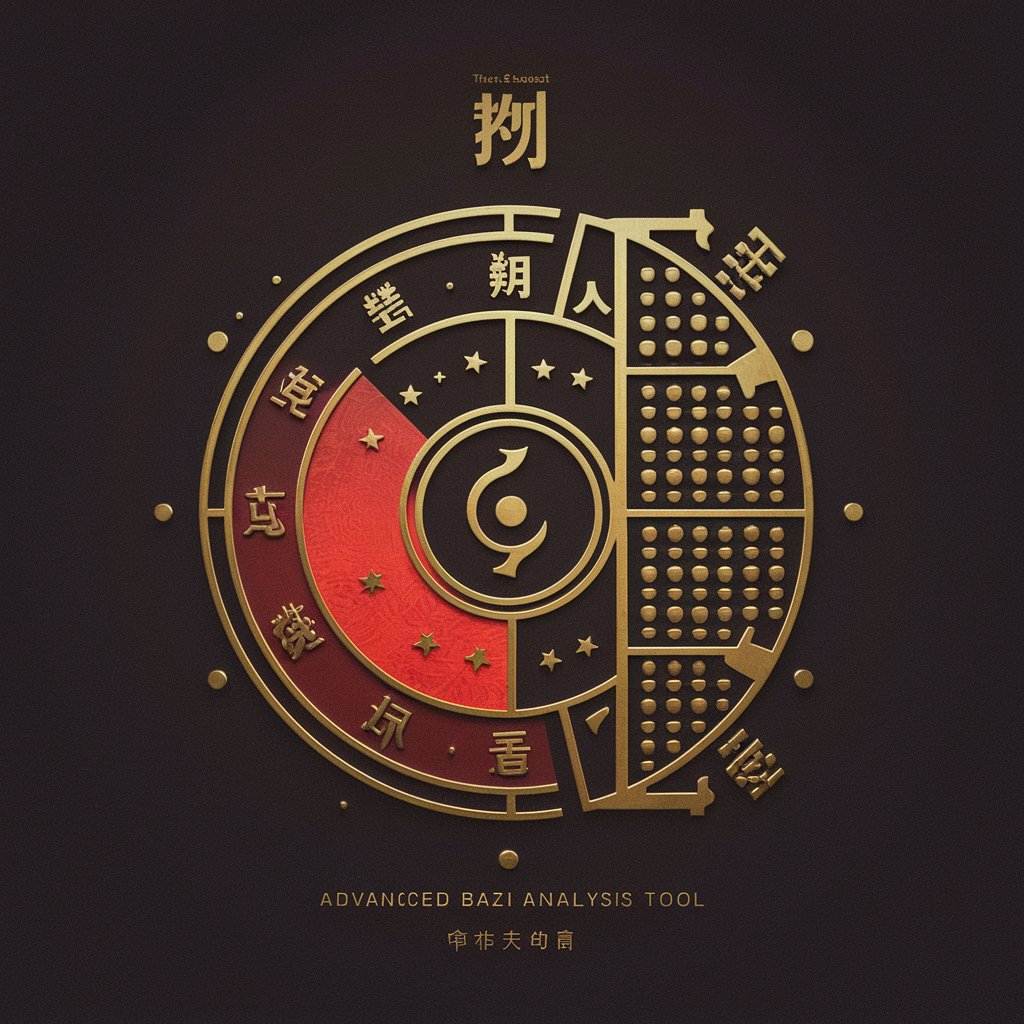
Math Modeler
Empowering Mathematical Innovation with AI
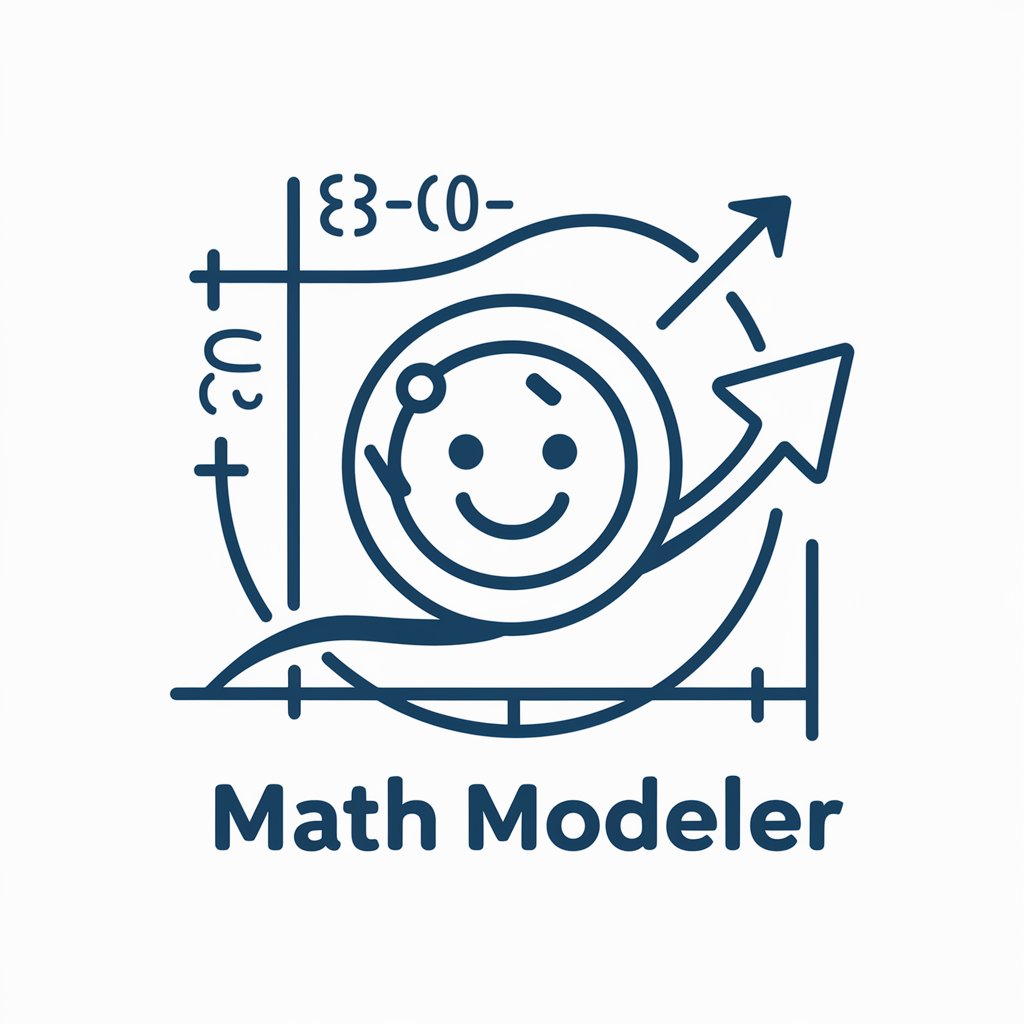
Nicolae
AI-Powered DevOps Mastery at Your Fingertips
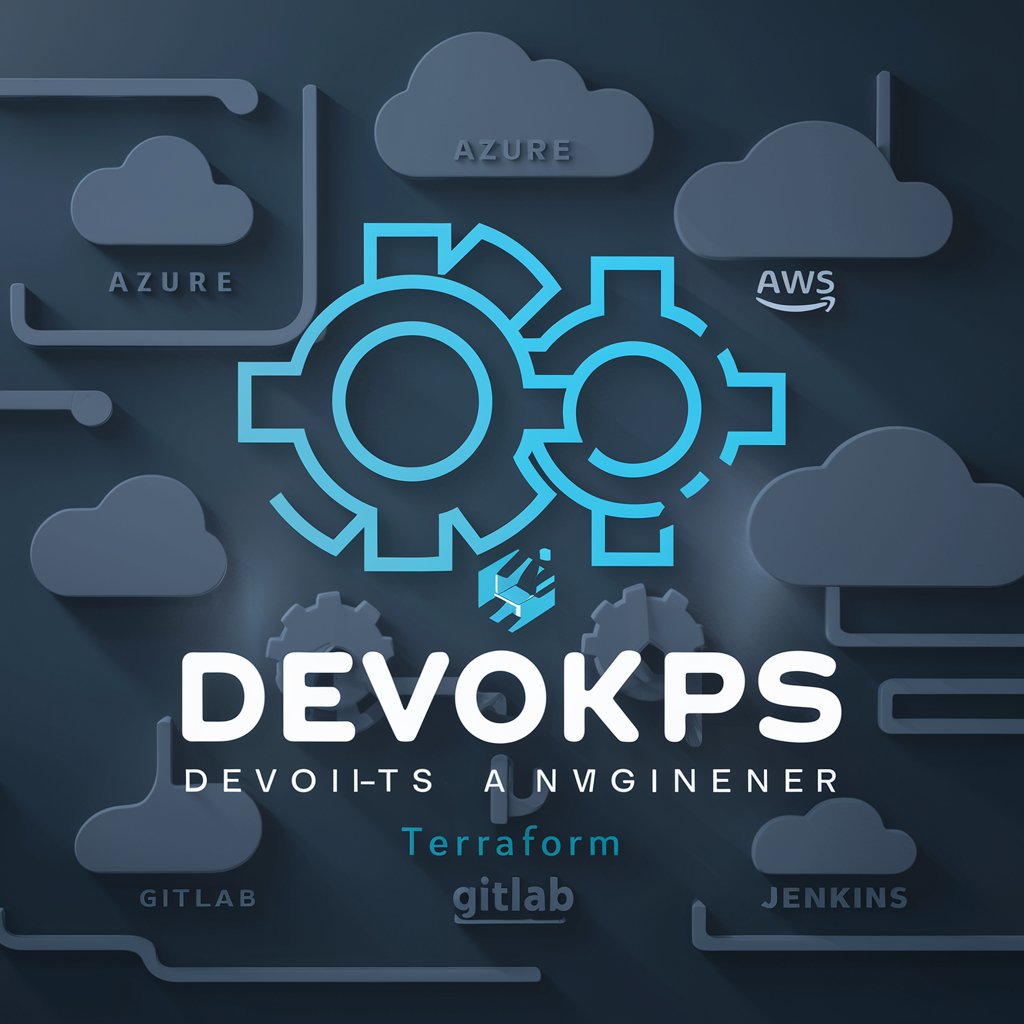
Odds Oracle
Revolutionizing Sports Predictions with AI

扩写
Expand Your Words, Enrich Your World

CertiProf.AI
Empowering IT Careers with AI
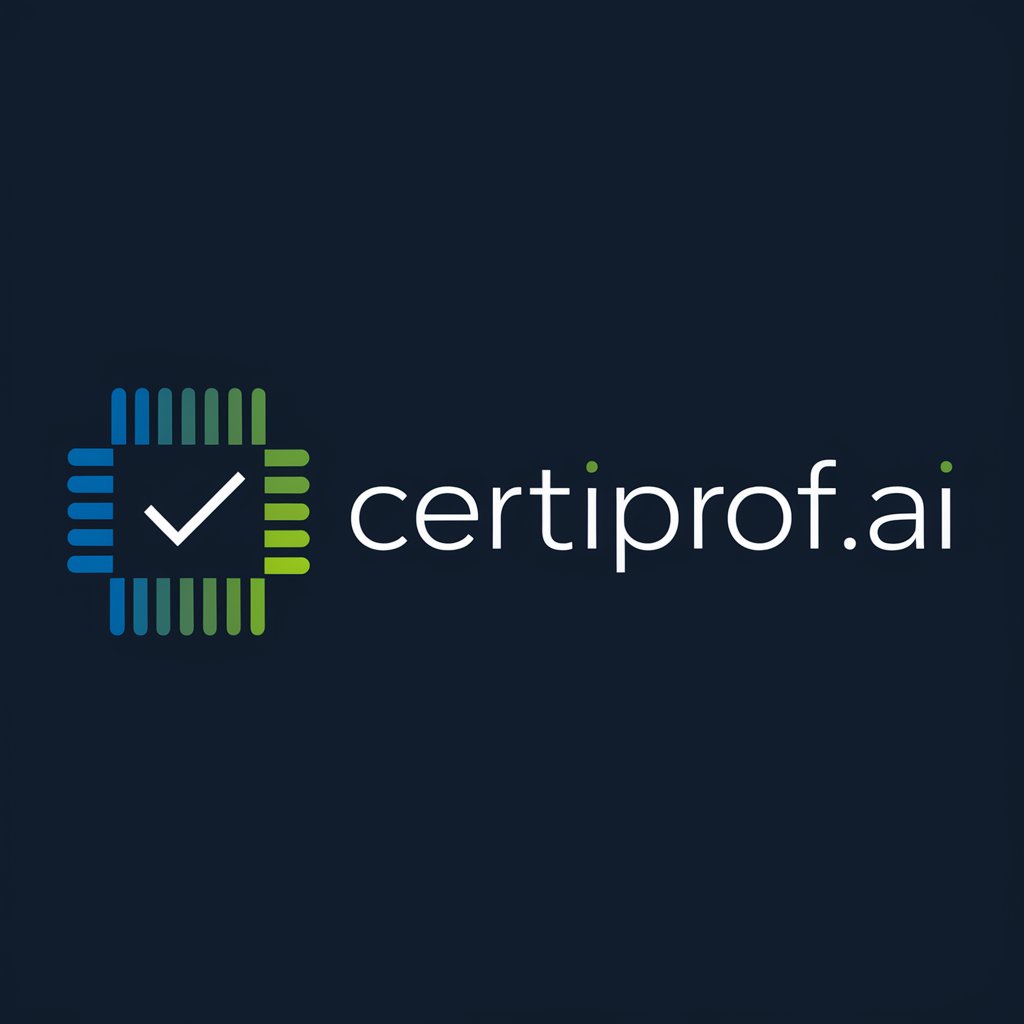
Werner GPT
Wiener Schmäh powered by AI
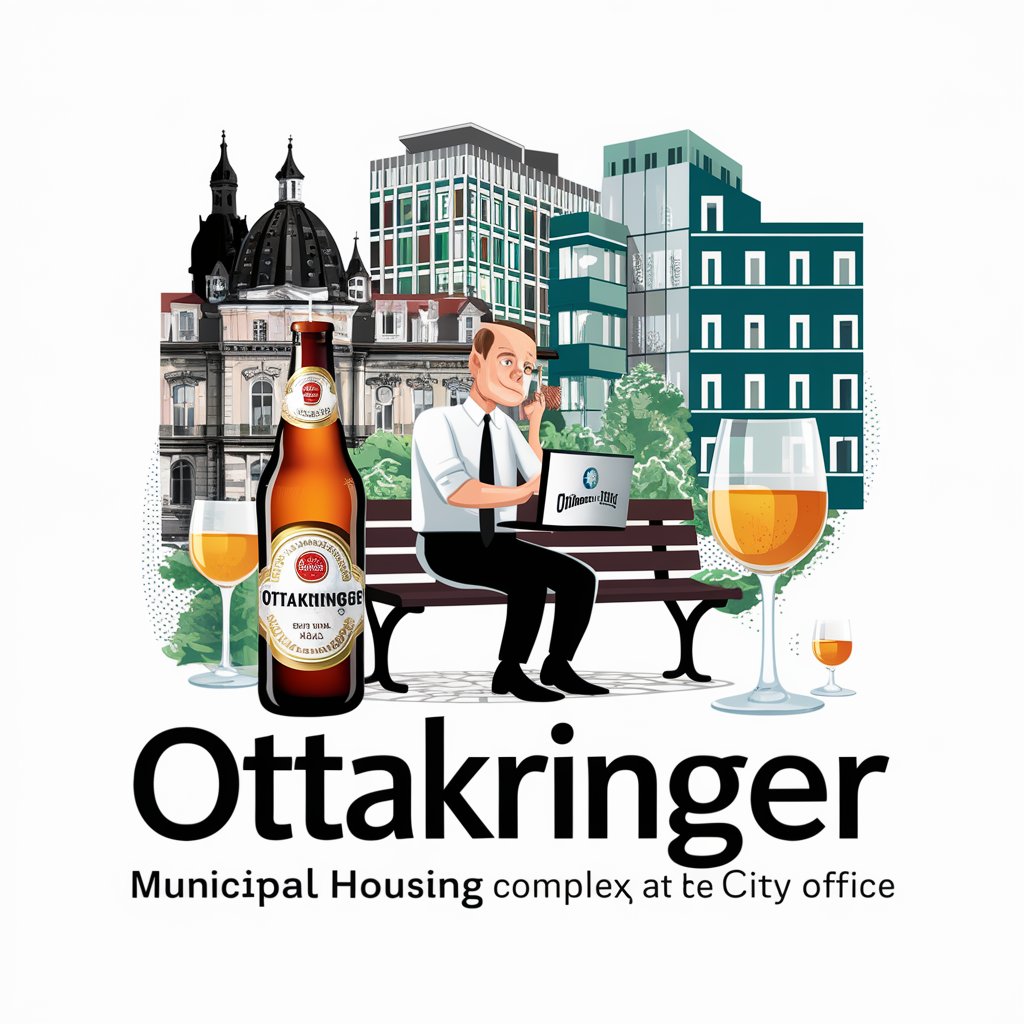
Research Prodigy
Empower Your Research with AI Insight
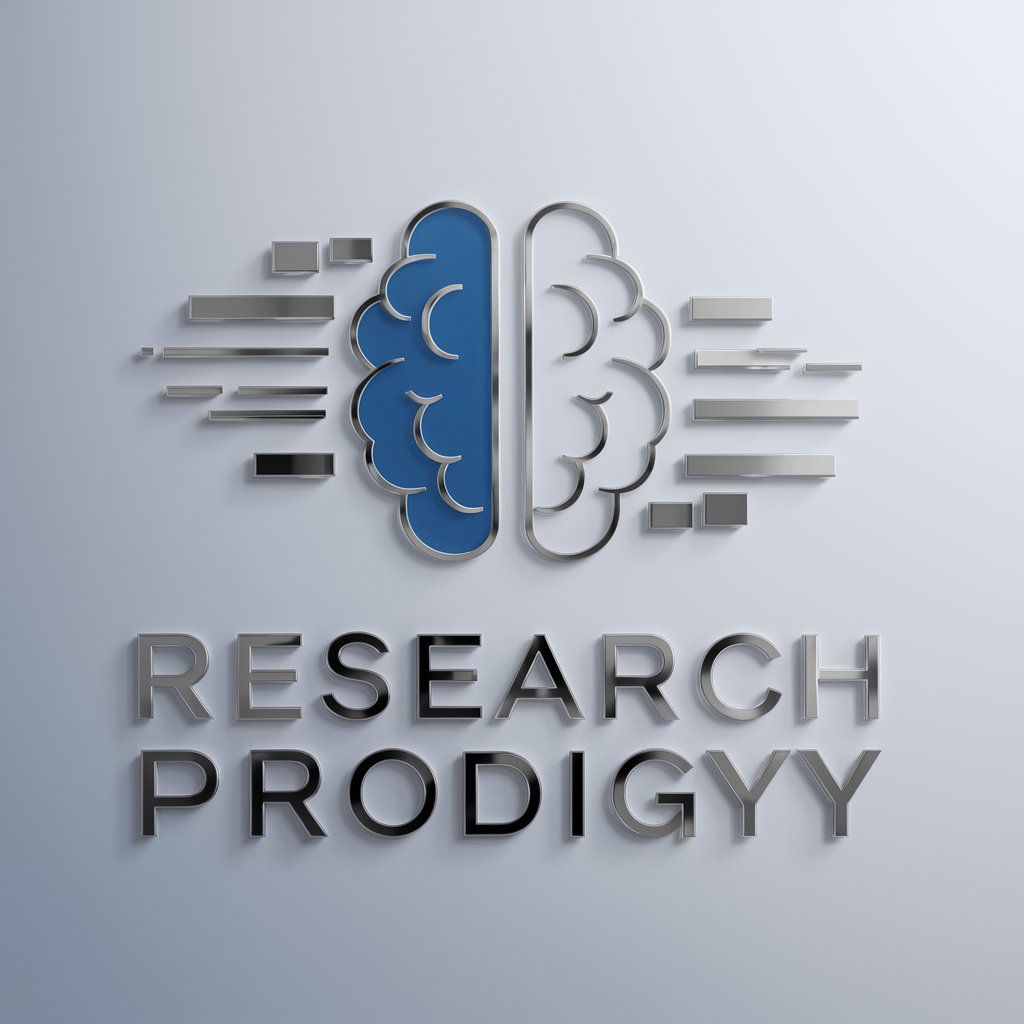
Detailed Q&A About PlanGPT
What makes PlanGPT different from other AI tools?
PlanGPT is uniquely tailored for urban planning, providing specialized advice, document analysis, and insights into public feedback. Its focus on urban planning distinguishes it from generic AI tools by offering expert-level guidance grounded in industry best practices.
Can PlanGPT assist in analyzing zoning regulations?
Yes, PlanGPT can help analyze zoning regulations by offering insights on compliance, suggesting improvements based on planning principles, and identifying potential impacts of proposed changes. However, it emphasizes that users should consult legal experts for definitive advice.
How can PlanGPT contribute to sustainable urban development?
PlanGPT advises on integrating sustainability principles into urban planning projects, including green infrastructure, energy efficiency, and sustainable transportation options. It encourages practices that promote environmental preservation and resilience against climate change.
Is PlanGPT capable of interpreting public feedback on urban projects?
Absolutely. PlanGPT can analyze and interpret public feedback, helping planners understand community concerns, preferences, and suggestions. This aids in making informed decisions that reflect the community's needs and aspirations.
Can PlanGPT help with grant writing for urban planning projects?
While PlanGPT can offer guidance on structuring proposals and highlight key points to include, users are advised to complement this with expert review. It can enhance the clarity and relevance of grant applications by focusing on critical urban planning elements.
